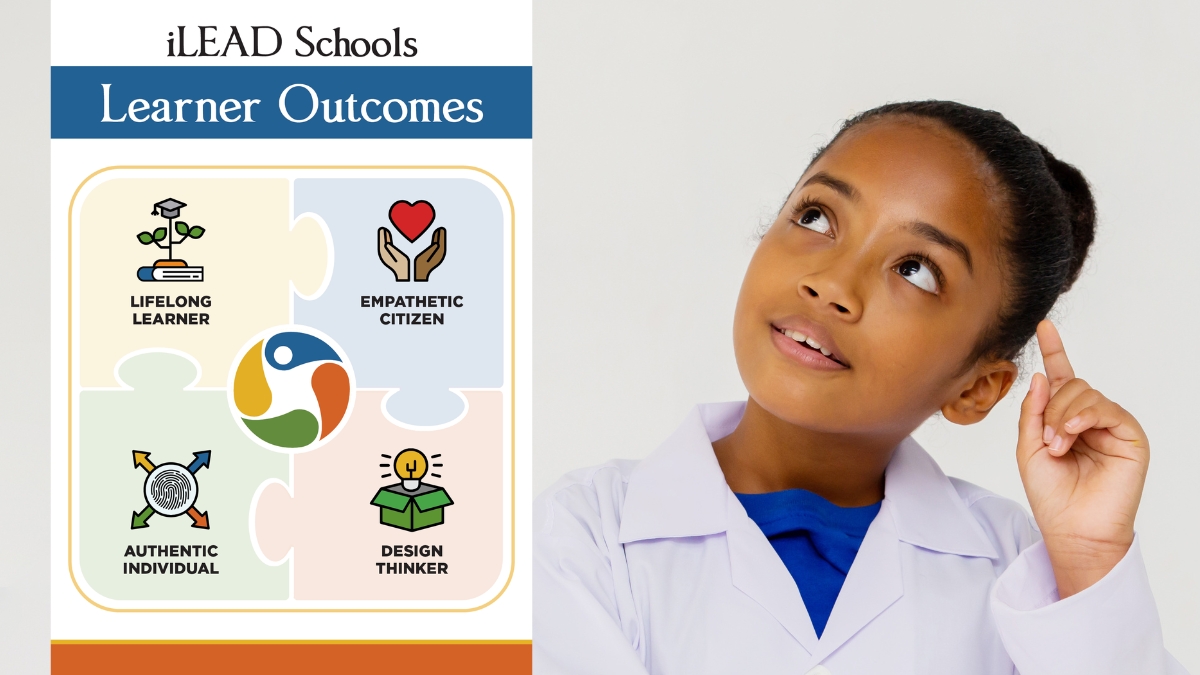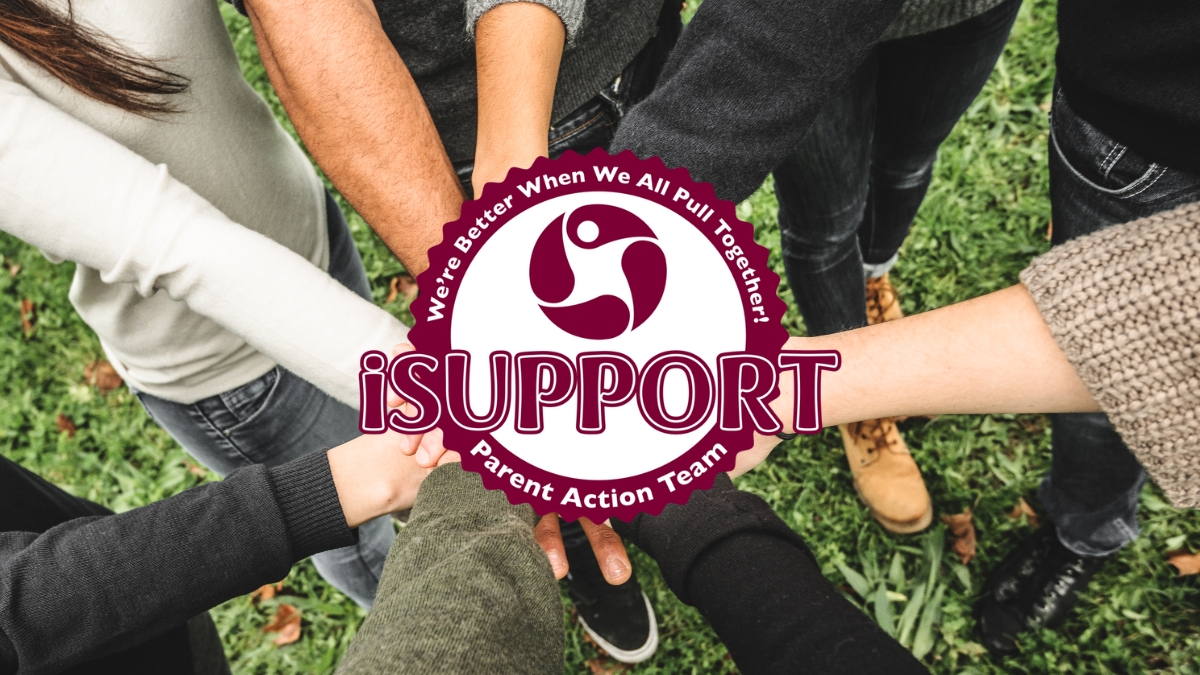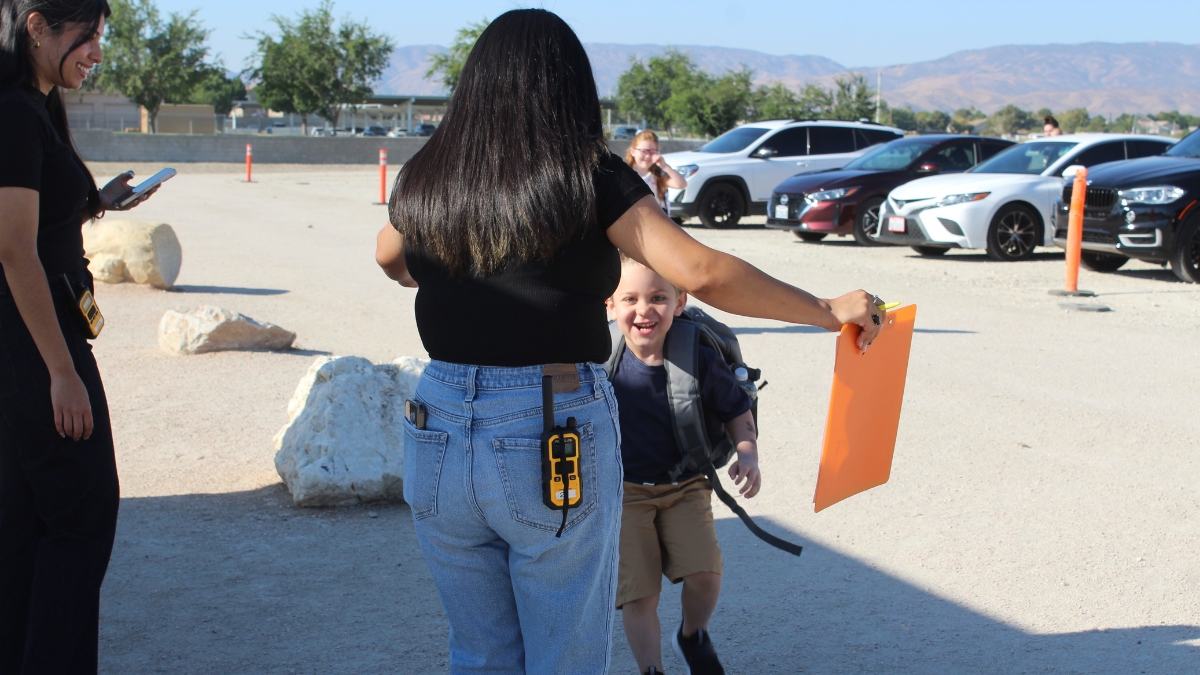iLEAD Antelope Valley Culture: Components of Social-Emotional Learning — Growth Mindset

Editor’s note: This is one in a regular series of articles exploring the pillars and core principles of the iLEAD approach to education.
At iLEAD Antelope Valley, we believe when kids learn how to face challenges, they grow into leaders. As part of our emphasis on social-emotional learning (SEL), we believe it’s important to develop what we call a growth mindset.
Let’s do a quick test. Do you tend to agree or disagree with the following statements?
- My intelligence is something I can’t change very much.
- I’m a certain kind of person, and there isn’t much I can do to change that.
- I often get frustrated when I get feedback on my performance.
- Trying new things is stressful, and I avoid it.
How we respond to these statements reveals whether we have a fixed mindset or a growth mindset. Many children are raised and exposed to situations that create a fixed mindset, which may seem harmless on the surface, but actually creates long-term challenges for them in school and in life, when they fear failure and tend to avoid challenges.
Conversely, children who have a growth mindset are more likely to learn from their mistakes, tackle challenges head-on, and be motivated to succeed.
Some contrasting statements may be helpful for bringing this into focus:
- A fixed mindset says: “Failure is the limit of my abilities.”
- A growth mindset says: “Failure is an opportunity to grow.”
- A fixed mindset says: “I’m either good at it or I’m not.”
- A growth mindset says: “I can learn to do anything I want.”
- A fixed mindset says: “My abilities are unchanging.”
- A growth mindset says: “Challenges help me grow.”
- A fixed mindset says: “My potential is predetermined.”
- A growth mindset says: “My effort and attitude determine my abilities.”
- A fixed mindset says: “Feedback and criticism are personal.”
- A growth mindset says: “Feedback is constructive.”
- A fixed mindset: “I stick to what I know.”
- A growth mindset says: “I like to try new things.”
The development of a healthy growth mindset is all about helping kids realize and embrace their potential and equipping them to be empowered and fueled by challenges, rather than hindered by them.
A growth mindset will intrinsically motivate children to improve, learn, and grow in school and all other areas of their lives.
Writing in Scientific American, psychologist Carol S. Dweck unpacked “The Secret to Raising Smart Kids” and the importance of fostering a growth mindset, stressing the importance of seeing success as the result of hard work instead of simply inborn talent.
“When we gave everyone hard problems anyway, those praised for being smart became discouraged, doubting their ability,” she wrote. “In contrast, students praised for their hard work did not lose confidence when faced with the harder questions, and their performance improved markedly on the easier problems that followed” (emphasis ours).
Make no mistake, it is good to praise our children for their strengths and talents, but it is crucial to encourage them to see challenges as opportunities and to value their efforts. If they can learn and embrace this at school age, there’s no telling what they may achieve.
Watch: On Growth Mindset
RECENT POSTS

Schoolwide Learner Outcome: Authentic Individuality
iLEAD is excited to continue our Schoolwide Learner Outcomes series. Our November focus is Authentic Individuality. This article has several tips to help you foster authenticity in your child: “Celebrating… Read More

iLEAD AV Exploration iSUPPORT Meeting and Get the Tea: November 4
iLEAD AV Exploration is excited to plan our first community event hosted by iSUPPORT. November Meeting Details Date: Tuesday, November 4, 2025 Time: 3:00-3:45 PM PM Location: Join via Zoom.… Read More

The Valet Process at iLEAD AV Studio
In an effort to keep iLEAD AV Studio learners, families, and staff safe, please remember to follow these valet procedures: Drop-off starts at 8:30 AM. Learners will not be admitted… Read More


